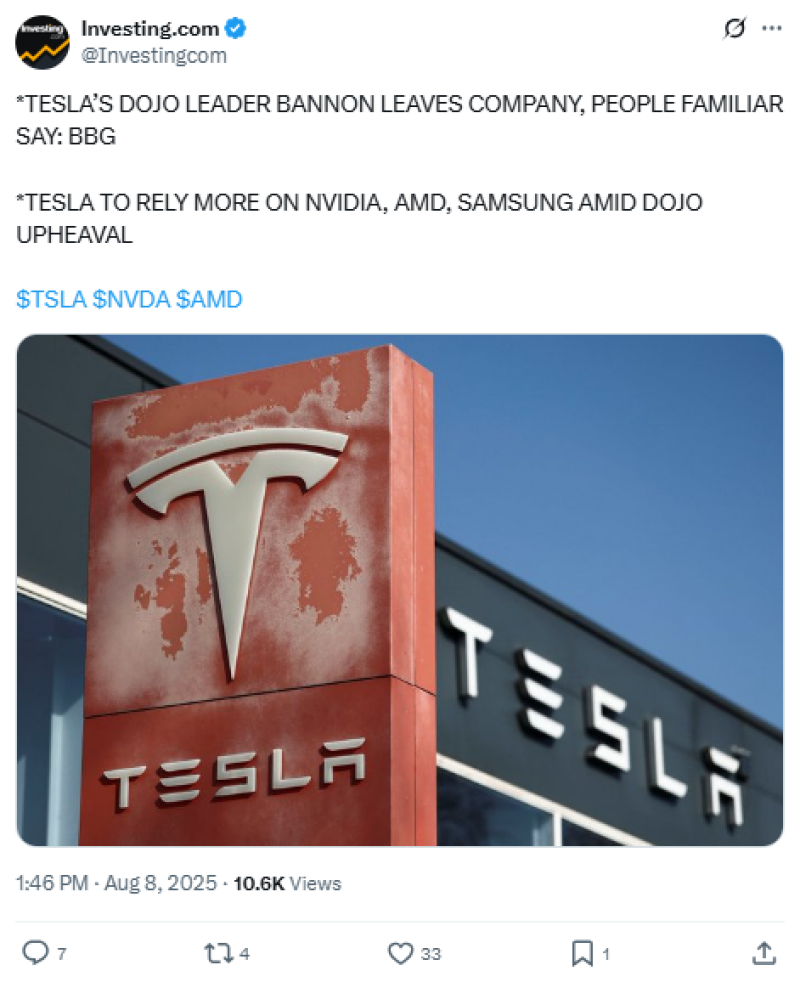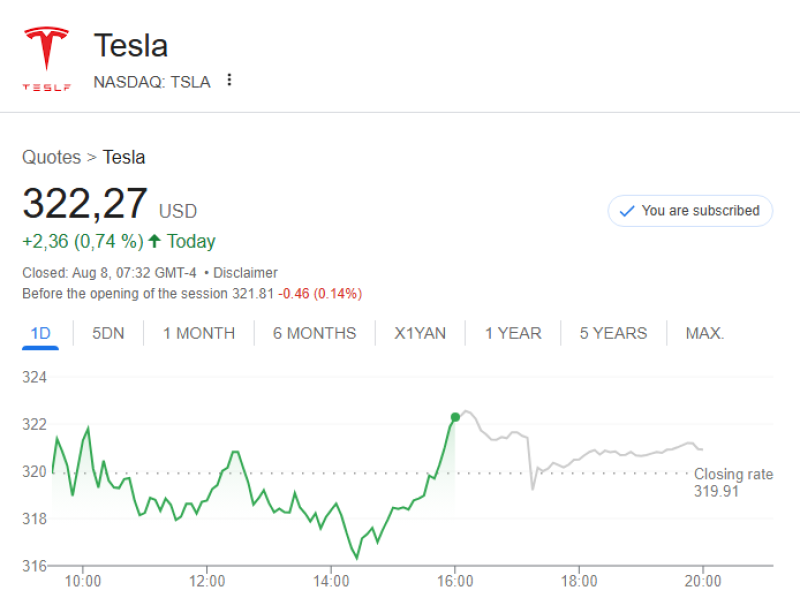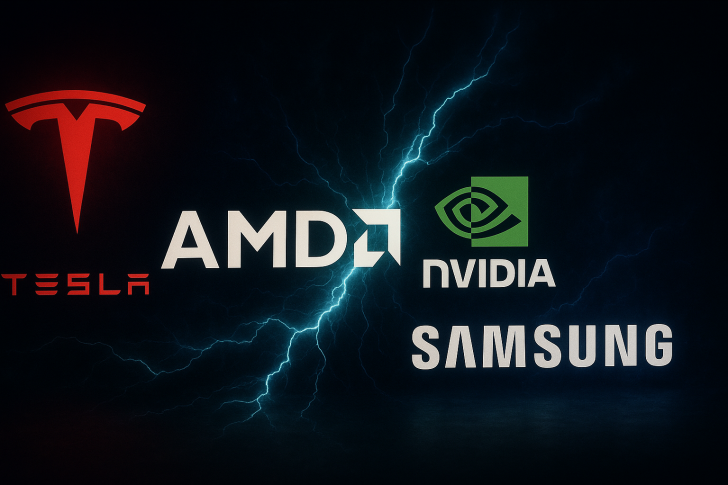Tesla (TSLA) just dropped some unexpected news that could shake up the stock's trajectory. The electric vehicle giant's AI strategy is taking a sharp turn after losing a key leader, and investors need to understand what this means for their positions. With TSLA already navigating a complex market environment, this leadership shake-up adds another variable to the equation that traders should definitely have on their radar.
TSLA Stock Faces Uncertainty After Dojo Leadership Exodus
Tesla's artificial intelligence ambitions just hit a major speed bump. Ganesh V. Bannon, the mastermind behind Tesla's Dojo supercomputer project, has quietly left the company, Bloomberg reports. This isn't just another executive shuffle—it's potentially a game-changer for how Tesla approaches AI development.

The Dojo project was supposed to be Tesla's secret weapon, processing mountains of vehicle data to supercharge their self-driving tech. Now, with its leader gone, the company's pivoting toward tried-and-true partners like NVIDIA, AMD, and Samsung for AI muscle.
What This Means for Tesla (TSLA) Price Action
Here's the thing about TSLA—it thrives on innovation narratives, and leadership changes in key tech divisions can send shockwaves through the stock. Short-term traders are already eyeing this development, wondering if it signals trouble in Tesla's AI paradise or just smart resource allocation.
On one hand, partnering with established chipmakers could actually speed things up. NVIDIA's already proven they can deliver serious AI firepower, and Tesla won't have to burn cash developing everything from scratch. That's potentially bullish for margins and timeline.
But here's the flip side: Tesla's always marketed itself as the company that does everything in-house. Elon's whole pitch has been about vertical integration and technological independence. Relying more heavily on outside suppliers? That's a narrative shift some investors might not love.

Smart money will be watching Tesla's next earnings call closely. If management spins this as a strategic acceleration move rather than a setback, TSLA could actually benefit. The market loves efficiency stories, especially when they come with faster product development timelines.
 Peter Smith
Peter Smith

 Peter Smith
Peter Smith


